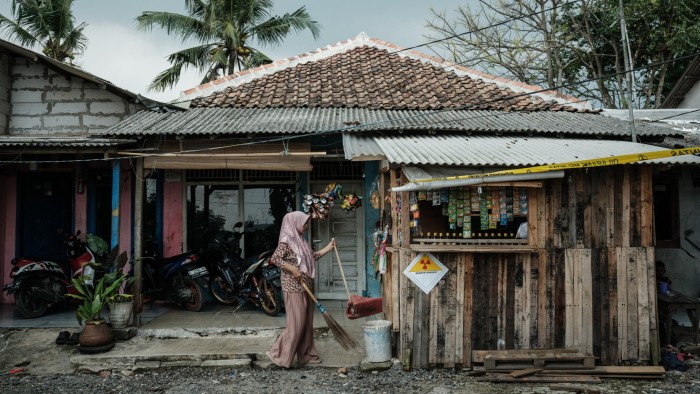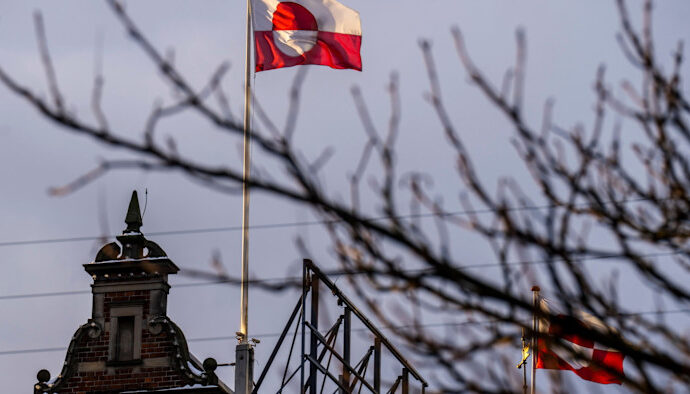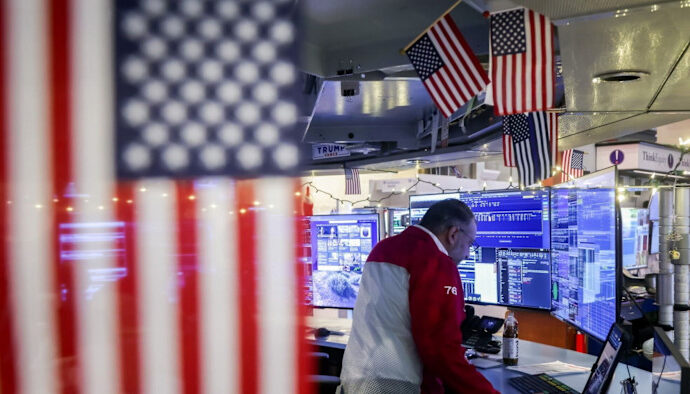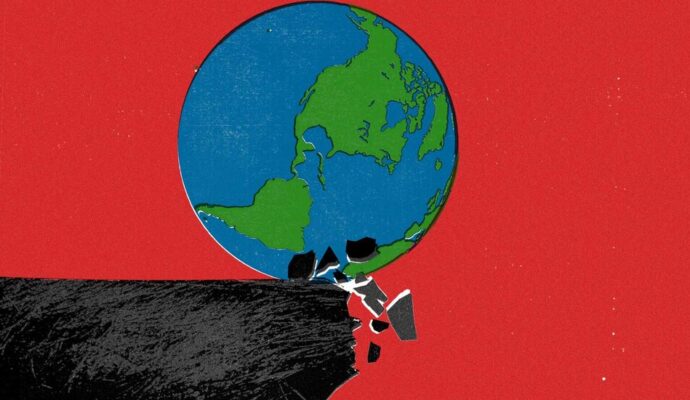
Unlock the Editor’s Digest for free
Roula Khalaf, Editor of the FT, selects her favourite stories in this weekly newsletter.
Indonesia is investigating radioactive contamination at an industrial zone after US and Dutch authorities found unusual levels of radiation in some of the south-east Asian country’s biggest exports including Nike and Adidas shoes.
Officials in Jakarta say the contamination — first detected in July — originated in a metal-processing factory at the ModernCikande Industrial Estate in western Java and all imports of scrap metal, believed to be the source of the contamination, have since been suspended.
A total of 22 factories were affected, including facilities that process shrimp and make footwear for Nike and Adidas. A clove farm on Sumatra island was also hit, though authorities have not established the source of this particular contamination.
The radioactive material in question is cesium-137, a man-made radionuclide that is typically produced by nuclear reactions. According to the US Food and Drug Administration, long-term, repeated low-dose exposure to cesium-137 increases the risk of cancer. At the levels detected in the Indonesian products, the FDA says there is no acute risk to health.
Indonesian authorities say the contamination originated at a factory owned by Peter Metal Technology, which produces steel rods from scrap metal.
The police have opened a criminal investigation into Peter Metal, which company records show is foreign owned. Authorities said its management was in China. The Financial Times was unable to get in touch with the company.
Bara Krishna Hasibuan, spokesperson for a government task force looking into the contamination, said authorities were determining how the scrap metal was acquired. All the facilities in the industrial estate had been decontaminated and resumed operations, he said.
The radioactive contamination has touched some of Indonesia’s top export industries. Indonesia exported $7.1bn worth of footwear products last year, with the US and Europe the main destinations. Shrimp exports reached $1.7bn in 2024, with the US the biggest market.
Authorities in the US and the Netherlands first began flagging traces of radiation from shipping containers with Indonesian products in July.
The radioactivity level in a container of shoes from Indonesia bound for Switzerland was above the EU limit, though it posed “a very limited individual risk”, the Dutch Authority for Nuclear Safety and Radiation Protection told the FT.
The contaminated products did not enter the market and were sent to a Dutch company that stores radioactive waste. “Cesium-137 contamination of this type of product is an unusual find,” the Dutch body said.
Adidas shoes were present in the container, which was examined at Rotterdam. The sportswear company said a “small portion of a single container” was found to marginally exceed certain limits during a routine inspection but never entered the market for sale.
Adidas’s Indonesian supplier had since been cleared for safe operation and no more irregularities had been found, Adidas said.
Meanwhile, Nike shoes were detected with cesium-137 contamination in the US. The company told the FT that a “small number of shipments containing items manufactured in Indonesia might have been exposed to an outside contaminate”. The products were returned to Indonesia for safe destruction and not sold to consumers.
Also in the US, the FDA said it detected cesium-137 in early August in a sample of frozen shrimp imported from Indonesia. It later detected radioactive material in a sample of cloves originating from Sumatra.
Indonesia has continued to receive reports of cesium-137 contamination.
Authorities said this month that the US had returned contaminated footwear, which Jakarta is now testing. This batch of shoes was produced near the industrial zone in western Java, according to Indonesian officials.


